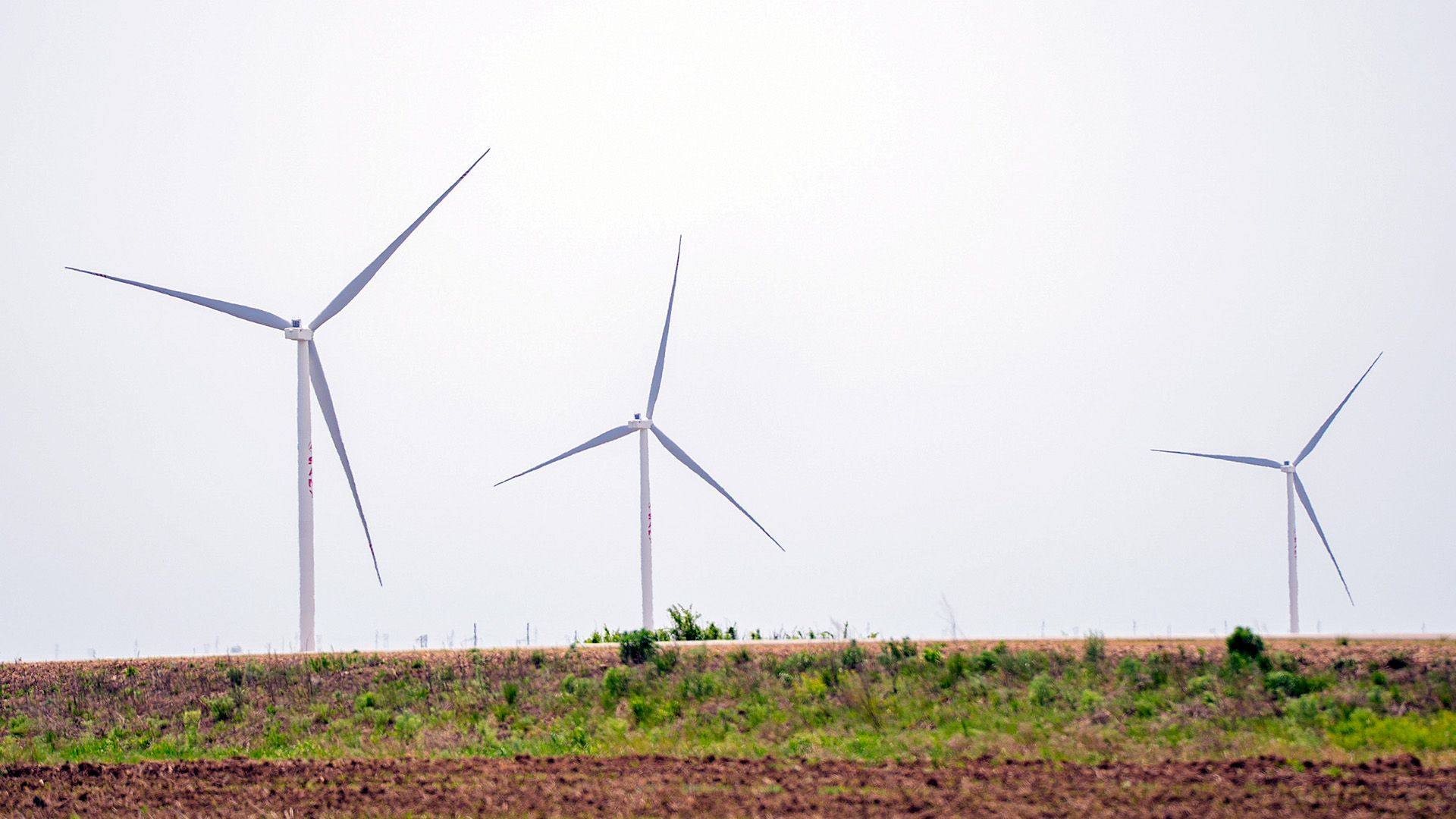BAKU, Azerbaijan, July 23. The Asian Development Bank (ADB) will design projects to help build climate resilience of infrastructure in Azerbaijan, Trend reports citing the Bank’s Country Partnership Strategy for Azerbaijan for 2025-2029.
"Azerbaijan is subject to multiple natural hazards that can derail sustained economic growth. Water scarcity poses a significant threat to agricultural production, employment, water supply, and hydroelectric power generation. Glacial melt threatens to bring severe flooding, land degradation, and damage to infrastructure such as reservoirs. To mitigate these risks, ADB will design projects based on a thorough analysis of climate and disaster vulnerability risks to help build the climate resilience of infrastructure and protect ecosystems and vulnerable communities. Measures to support climate adaptation and stronger disaster risk management are integral to this Country Partnership Strategy," reads the document.
ADB notes that Azerbaijan has an abundance of natural resources and a diverse range of climate zones. Although the country contributes only 0.1% to global greenhouse gas (GHG) emissions, it faces significant climate change impacts, including desertification, emerging water scarcity, and sea level decline.
"In response, the government developed a national climate adaptation plan in 2024, and its updated nationally determined contributions will be announced in 2025. The government is well on its way to raising the share of installed renewable electricity generation capacity, including for exports, with significant private sector investment.4 It plans to diversify earnings by investing in low-carbon regional transport and logistics networks. It also aims to increase productivity, including in underdeveloped regions, through skills development, climate-smart infrastructure, high-value agriculture, and small- and medium-sized enterprise (SME) support programs. Supporting the resettlement of internally displaced people is a priority for the government," reads the strategy.







